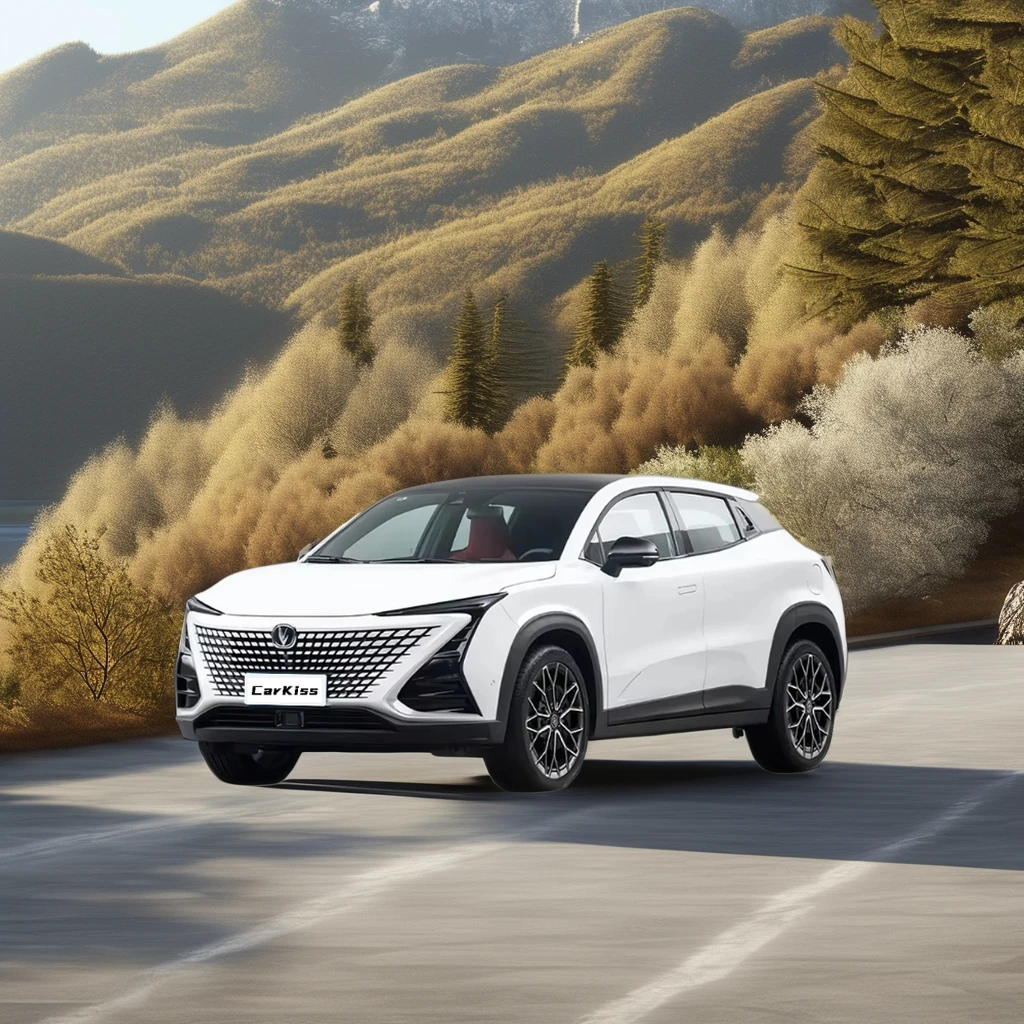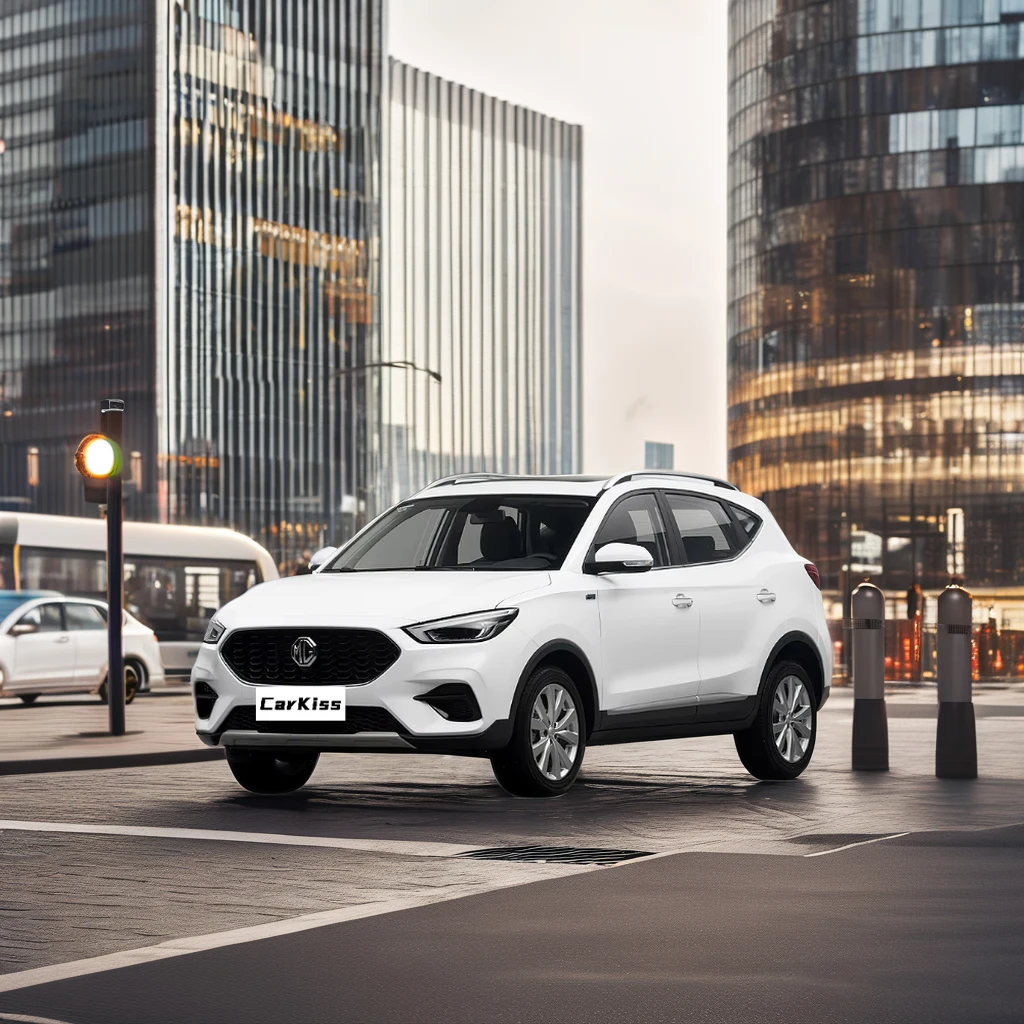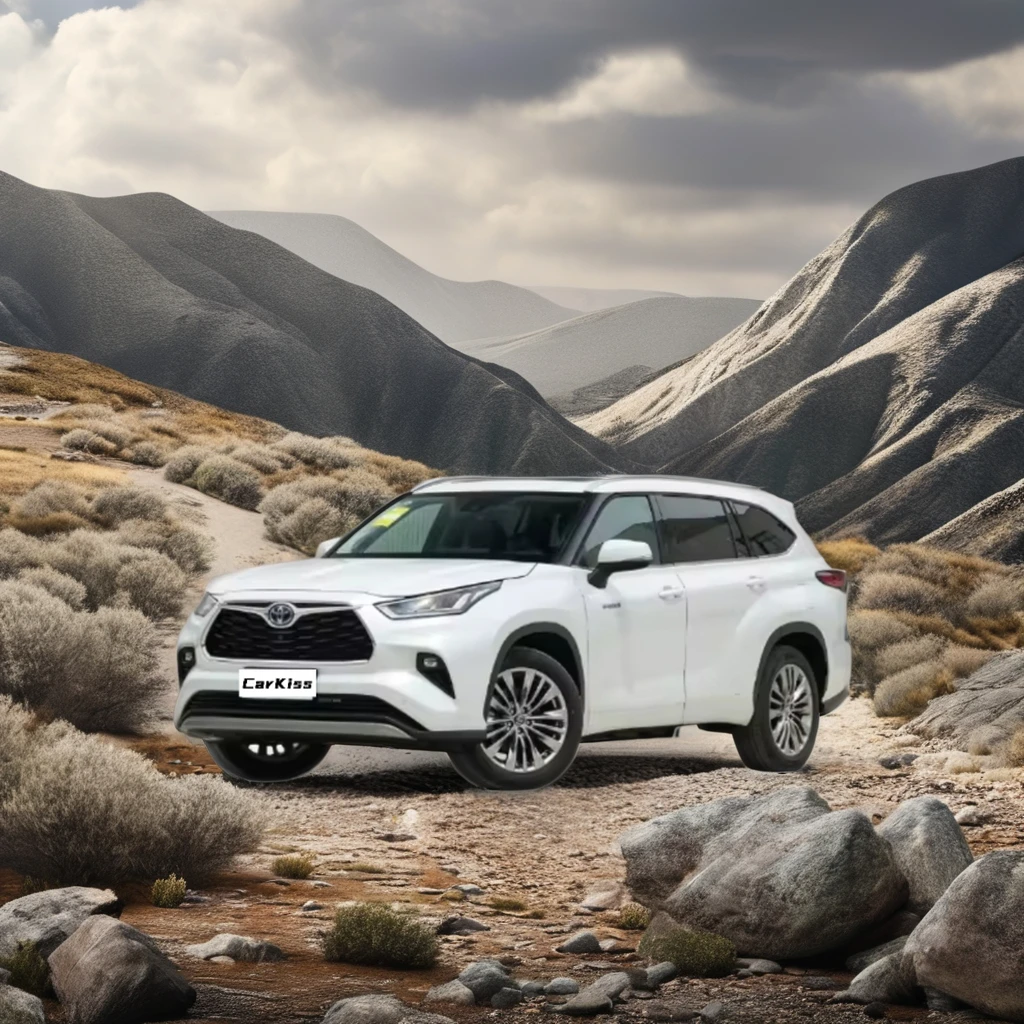More people are feeling the pinch financially these days, which explains why so many folks are now looking at pre-owned vehicles instead of brand new ones. With inflation going through the roof and everyday expenses just getting worse, buying used has become a smart move for countless shoppers who want to get behind the wheel without emptying their wallets. Market analysts point out that this trend isn't slowing down anytime soon since used cars simply make better financial sense than those expensive new models off the lot. Some industry forecasts suggest the secondhand car market might hit around $25 billion globally by 2030, growing at about 6% each year between now and then. We're also seeing bigger demand for exported used cars lately, especially when economies take a hit and people start thinking twice before spending thousands on something shiny and brand new.
Interest in New Energy Vehicles (NEVs) including electric and hybrid models continues to grow and this is changing how people look at used cars. More folks concerned about their environmental impact are starting to buy secondhand NEVs which opens up fresh opportunities for dealerships and sellers alike. Take China for instance where electric vehicles have taken off big time lately. Used NEV exports from the country are on the rise thanks largely to government policies that support spreading these vehicles around the globe. Chinese authorities offer various financial incentives making it easier for buyers abroad to get their hands on affordable electric cars. While this helps expand export markets, it also pushes forward cleaner transportation solutions worldwide.
Online car selling sites have really changed how people buy secondhand cars because they give everyone better access to info and make prices clearer. With all these websites popping up, folks can now look at used cars, check out what others paid, and get detailed reports on each vehicle's history without ever leaving home. The way cars get sold digitally cuts down on the old problem where sellers knew more than buyers did, which makes people feel safer when spending money on something expensive. Take a look at companies like 360 Motors or K Car for real world examples. These businesses show just how tech helps sell cars across borders and gets vehicles into markets that might not have had access before. Better transparency means more trust between buyers and sellers, and this trust is helping used car exports grow around the world.
##
Economic growth across Africa and parts of Southeast Asia has led to growing interest in secondhand cars lately. Recent data shows that GDP levels keep rising steadily in these areas, meaning people generally have more money to spend. This increased buying power explains why so many folks are turning to used vehicles instead of new ones when looking for transportation solutions. The population demographics matter too. Many countries there still have large numbers of young people moving into cities fast, which creates demand for cheaper ways to get around town. Compact models and smaller SUVs seem especially popular because they work well in crowded city streets where space matters a lot. These vehicles offer good value for money while still getting the job done. All signs point to continued strong demand for imported used cars throughout these regions going forward.
People in Central Asia and Russia are buying more secondhand cars lately, something backed up by numbers showing local car makers just can't keep up with what folks want. Sanctions against some countries plus limited manufacturing capacity have pushed buyers toward imported vehicles instead. Kazakhstan stands out as a big market for used cars, followed closely by Kyrgyzstan and Russia too. Drivers there tend to go for models that last longer and save money at the pump since road conditions vary so much across different parts of these vast territories. Many families simply cannot afford brand new cars given current prices anyway. The whole situation highlights how crucial good trade relationships remain for keeping car markets healthy in these regions where domestic options fall short.
Across Europe, we're seeing a big change happening in the secondhand car market, mostly because of strict EU rules on carbon dioxide emissions. The regulations put pressure on automakers and dealers alike, which has changed how people buy and sell used cars. More folks are looking at hybrids these days, along with smaller compacts that burn less gas. Sales numbers tell us something interesting too – efficient cars are selling faster than regular ones now. People want to save money at the pump but also care about what happens to our planet. Car dealerships report that customers ask questions about fuel economy before anything else when shopping for a used ride. So it makes sense why there's such strong interest in older models that still get good mileage despite their age.
##
China recently rolled out some major changes in legislation that are helping it gain ground in the secondhand car export sector. Government support programs have definitely ramped up how many cars are being shipped abroad, part of a bigger picture move to grow Chinese trade worldwide. Officials want to see used vehicle exports go from where they are now to twice that amount within the next few years, which shows they're really pushing hard to make use of all those cars sitting around after new models come out. These kinds of policy moves do more than just improve diplomatic ties with other countries though. They actually help clear out excess inventory that would otherwise clog up domestic dealerships, turning what might be waste into valuable assets on foreign roads instead.
Improvements in China's transportation systems have made it much easier to get secondhand cars out of the country. Better ports and new tech in logistics operations mean companies spend less money and ships arrive faster than before. Take Shanghai for example it has really taken off since getting those upgraded facilities. The city now handles a huge chunk of all the used cars going overseas from China. All these changes show that Chinese authorities want to keep their position in the international market for pre-owned vehicles. After all, nobody wants to wait months for a shipment when they can get it quicker elsewhere.
Chinese dealers are shaking things up in the global used car market with their price tags that just keep getting better. International shoppers from all corners of the world are flocking to these bargains while still getting decent quality vehicles on their roads. What makes this possible? Strict quality checks throughout the process, from factory floor to final inspection before sale. These steps build trust among consumers who might otherwise hesitate about buying secondhand from afar. The result? China stands out among traditional exporters like Japan and Germany, delivering cars that check both boxes quality-wise and wallet-friendly too something that continues to draw attention from buyers everywhere looking for value without sacrifice.
The Changan Uni-T represents something new in the world of turbocharged SUVs, combining solid safety tech with decent power numbers that catch attention. Drivers get ESC as standard, plus an electric parking brake and tire pressure monitoring system built right in. These aren't just fancy checkboxes either they actually contribute to safer daily driving situations. Market response has been pretty good across several Asian countries where this vehicle is selling well, which explains why we're seeing more of these showing up in Chinese used car shipments heading overseas this year. Competitors need to watch out because the Uni-T isn't just another forgettable entry in the segment it brings real value propositions around both safety and how it drives.

The MG ZS continues to boost exports in 2024, particularly catching on with families who want something comfortable yet efficient for daily use. What stands out about this vehicle is how it manages fuel consumption while still offering practical features like the multifunction steering wheel that makes those weekend road trips much more pleasant. Sales numbers across different countries tell the story pretty clearly – people are buying them at an impressive rate. MG knows what works when targeting families, so they've crafted their advertising around exactly those values that matter most to parents looking for reliable transportation without breaking the bank. This approach has helped establish a real presence in global markets where affordability meets quality expectations.

The Toyota Highlander Hybrid has become quite popular among families needing space for everyone, especially in growing markets around the world. What really sets it apart is that hybrid powertrain which manages to be both fuel efficient and still deliver decent power when needed. Parents love having room for kids, strollers, and all those extra items that come along with family life while still getting better gas mileage than traditional SUVs. Sales numbers tell the story too the car keeps selling well across different continents, showing people are embracing hybrids even outside North America. And let's face it, nobody wants their car to lose value fast. Toyota vehicles tend to hold their worth pretty well over time, which makes sense why so many dealerships stock Highlanders despite competition from other brands trying to grab market share.

##
For those selling used cars internationally, dealing with all the regulatory stuff remains a major headache. Every nation throws different rules at exporters - think tariffs that vary wildly, emissions tests that might not even exist in some places, plus mountains of paperwork nobody really understands. Most businesses tackle this mess by setting up solid compliance departments and hiring lawyers who specialize in international trade matters. The folks who know what they're talking about always stress keeping documents clean and clear, while building good rapport with local authorities wherever they operate. When companies actually follow these practices, they avoid getting hit with fines or having their shipments held up at borders, which makes the whole export game run a lot smoother in practice.
Sustainability has become a big deal in the used car export business lately. More companies are starting to incorporate green practices as buyers around the world show they care about environment friendly options. Some businesses have actually made good progress here, using recycled parts and low energy tools when fixing up old cars for sale abroad. People shopping for secondhand vehicles these days tend to favor sellers who can prove they're serious about going green. The changing habits of consumers mean exporters must get on board with greener refurb methods if they want to stay competitive. These approaches attract eco minded buyers while meeting those tough international regulations that many countries enforce nowadays.
The lack of proper infrastructure remains a major roadblock when it comes to importing vehicles into many emerging markets, making it tough for local consumers to get their hands on secondhand cars. Take a look at various regions across Africa and Southeast Asia where roads crumble after the rainy season, ports get backed up with containers, and there's nowhere safe to store all those incoming vehicles. Some experts suggest fixing this mess requires better roads connecting major cities, building proper warehousing near key entry points, and creating more reliable transport routes throughout rural areas. These kinds of improvements would make a world of difference for people trying to buy used cars, especially since most families depend heavily on having reliable transportation. And while no one expects overnight miracles, gradual upgrades to basic infrastructure could open up entirely new markets for global exporters looking to expand their reach into these growing economies.
 Hot News
Hot News2024-07-18
2024-07-08
2024-07-08